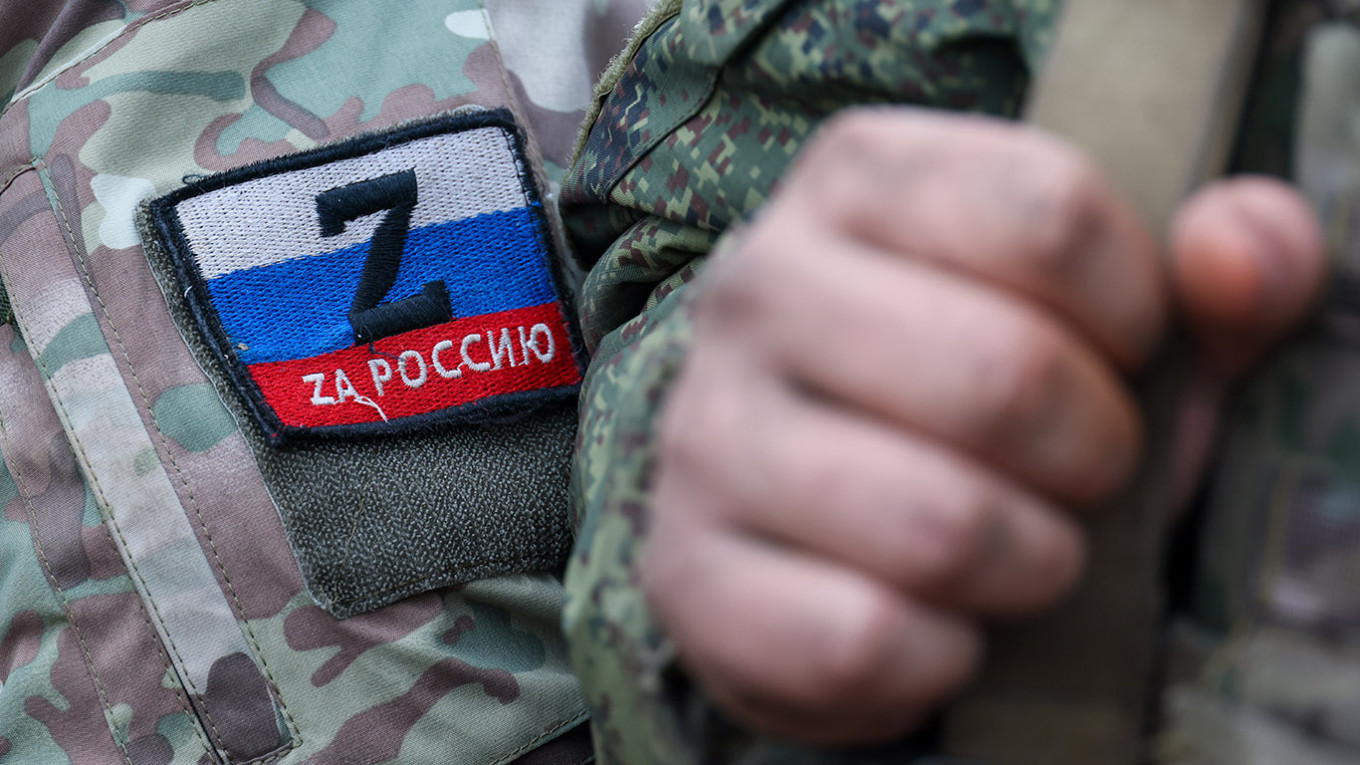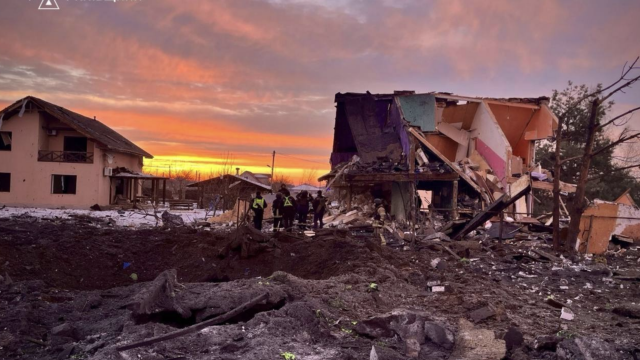Crime in Russia has hit its highest level in 12 years, the exiled news outlet Vyorstka reported, citing Prosecutor General’s Office data.
According to the Prosecutor General’s Office, Russia registered 27,124 crimes in the first half of 2025 — 3,747 more than in the same period a year earlier and the highest figure since 2013.
The figures also mark the first time that the the tally exceeded 23,377 in a six-month span since 2014.
The agency did not disclose the types of crimes.
The figures come as more than 130,000 veterans of the war in Ukraine — including thousands of former prison inmates — return home.
Open-source reports indicate that returning soldiers have killed at least 378 civilians since the full-scale war began and seriously wounded another 376.
These cases, which span 80 regions of Russia as well as annexed Crimea, Sevastopol and the breakaway Georgian region of South Ossetia, are largely domestic in nature and often fueled by alcohol abuse.
The government has long debated how to manage returning ex-combatants, particularly those recruited from prisons.
Last year, Nina Ostanina, head of the State Duma’s Family Protection Committee, urged the authorities to establish permanent oversight of former inmates returning from the front.
But Andrei Alshevsky, a lawmaker on the Duma’s Security Committee, rejected the idea, arguing that “heroes of the [special military operation]” had already “atoned for their guilt with blood” and deserved the state’s care.
Officials are nonetheless bracing for serious social strains as hundreds of thousands more soldiers eventually demobilize, many of them with likely psychological scars.
The Health Ministry has said that 26% of war veterans who sought counseling were referred to psychiatrists.
In August 2024, Deputy Defense Minister Anna Tsivilyova said one in five returning soldiers had been diagnosed with post-traumatic stress disorder requiring “serious, long-term work” and medical treatment.
President Vladimir Putin said last year that about 700,000 Russian troops were stationed in Ukraine. A significant share had either been recruited from prisons or were already facing criminal charges before their deployment.
A Message from The Moscow Times:
Dear readers,
We are facing unprecedented challenges. Russia's Prosecutor General's Office has designated The Moscow Times as an "undesirable" organization, criminalizing our work and putting our staff at risk of prosecution. This follows our earlier unjust labeling as a "foreign agent."
These actions are direct attempts to silence independent journalism in Russia. The authorities claim our work "discredits the decisions of the Russian leadership." We see things differently: we strive to provide accurate, unbiased reporting on Russia.
We, the journalists of The Moscow Times, refuse to be silenced. But to continue our work, we need your help.
Your support, no matter how small, makes a world of difference. If you can, please support us monthly starting from just $2. It's quick to set up, and every contribution makes a significant impact.
By supporting The Moscow Times, you're defending open, independent journalism in the face of repression. Thank you for standing with us.
Remind me later.






